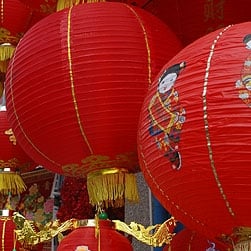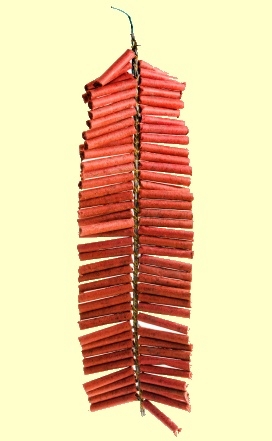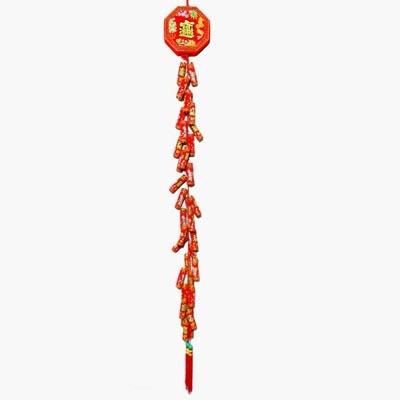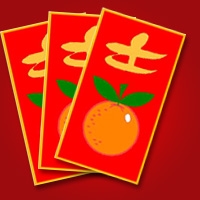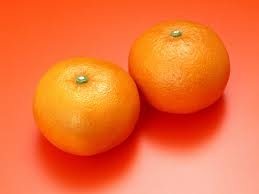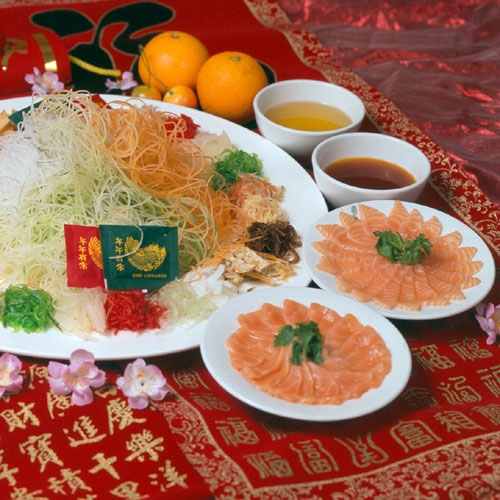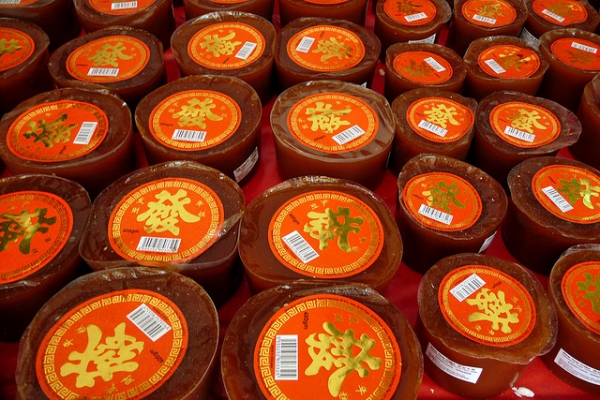As Chinese New Year draws nearer, shops are selling decorations, Chinese New Year music is playing everywhere, and delicious goodies are being sold. But do you know the various practices the Chinese practice during this festive season? Here are some of the common practices:
Decorating house/business premises:
During the festive period, the Chinese will decorate their houses and business premises such as shops and eateries with Chinese New Year decorations. The Chinese New Year decorations are usually mainly red or yellow/gold in colour, this is so as red is believed to scare off the Nian, a vicious man-eating monster, while gold stands for wealth. Common Chinese New Year decorations are lanterns, cut out auspicious words, flowers, hanging objects and items which are usually depictions of auspicious words, the zodiac animal for the year, dragons, lions and deities such as the fortune god. Some decorations have symbolic meanings, such as depictions of the fortune deity, which symbolifies that the god of fortune is coming and bringing fortune to the home. Others, which are modern adaptations of these decorations, which may feature popular characters like hello kitty are put up to bring about the ambience of the festive season.
Firecrackers:
Firecrackers are lit as it is believed that the loud sounds and dazzling explosions drives evil spirits and misfortune. However, due to the dangers imposed by firecrackers, the lighting of firecrackers has been banned in many countries worldwide. Hence, the Chinese may hang up mock firecrackers, which have the same effect of driving away evil spirits and misfortune. In Singapore, while firecrackers are banned from common use, since 2003, during the Chinese New Year celebrations, firecrackers are lit under the control of pyrotechnicians and with supervision from organisations like the Singapore Tourism Board. If you happen to be in the area of the celebration, do check out this amazing sight of exploding firecrackers.
Giving of the red packets(Ang Bao):
It is customary for the elders to give on red packets with money to their younger relatives and descendants. The amount of money given is always an even number, as odd numbers are associated with money given during funerals. The amount of money may also be of an auspicious number containing figures such as 8, which symbolifies being able to prosper, or 6, which means everything will run smoothly. Bosses may also give out red packets to their staff to give good luck.
Exchange of mandarin oranges:
An exchange of two mandarin oranges signifies a greeting, and the Chinese would usually exchange oranges with their friends and relatives, for exchanging the oranges symbolifies the giving of good luck to one another.
Eating of yusheng:
Yusheng composes raw and preserved vegetables mixed with raw fish, spices and peanuts which is mixed together along with a sauce. Each of these ingredients have a symbolic meaning, for example, fish sounds like a chinese word yu in chinese, and the saying “nian nian you yu”, which means that there will be surplus every year so their will be no hardship is the auspicious meaning of the fish. The people eating the dish will also say auspicious sayings when putting the ingredients together and when mixing the ingredients together by standing up and tossing them together while in a joyous mood, livening up the atmosphere and bringing good omen for the year. It is customary to eat this dish on the 7th day of Chinese New Year, because it is the day that the Chinese believe is the birthday of mankind, also known as ren ri.
Nian Gao:
Have you seen this cake being sold in shops? This sticky sweet cake has many stories of why it exists, but one of the most commonly known ones is where this cake was used to feed a monster named Nian which went to villages to eat humans in winter, and a smart person made this rice cake for the Nian to eat and it made it full, and thus it went back to the mountains, leaving the villagers unscathed. This rice cake is eaten for it symbolifies that the year would be better, as nian gao sounds like a year when everything is higher or better in Chinese. Some of the Chinese also offer this rice cake to the kitchen god as they believe that after eating this cake, his mouth would be stuck together by this sticky cake and he cannot badmouth the family or report the bad things to the Jade Emperor.
